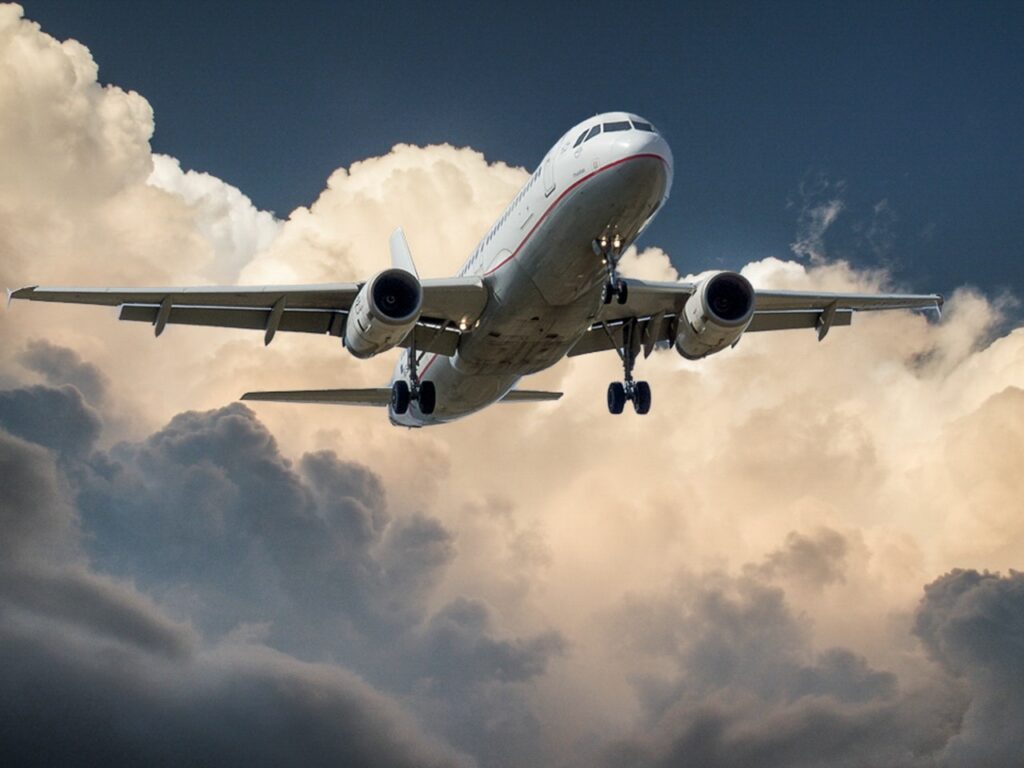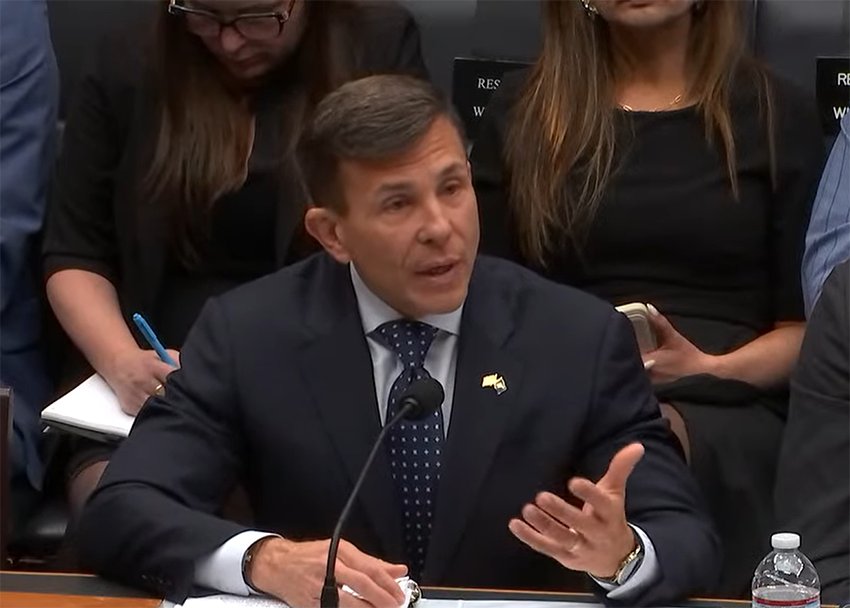The Biden administration took major steps to promote the development of sustainable aviation fuel (SAF) last week.
In the Made in America Tax Plan, the Biden administration included tax credits for blenders of SAF. The Biotechnology Innovation Organization (BIO) called for such tax credits days earlier in a joint letter to Transportation Secretary Pete Buttigieg and other administration officials.
“Nothing, in our view, would incentivize SAF production and deployment more than a technology and feedstock-neutral blender’s tax credit that is specific to SAF,” said the April 2 letter signed by about 50 other organizations.
The day after the tax plan was released, the Department of Energy (DOE) announced $61 million in funding for biofuels research—also in line with BIO recommendations. In a submission to a March 24 House hearing on sustainable aviation, BIO called for funding from DOE and other federal agencies to support SAF research. (For that hearing, BIO also called for tax credits as well as a reduction in regulatory hurdles to the development and use of biofuels.)
Why biofuels matter
“Biofuels are one of our most promising paths to zero-carbon aviation and shipping, so it’s time to double down on R&D and begin to deploy these technologies at scale,” said Energy Secretary Jennifer M. Granholm when announcing the grants.
BIO agrees. “SAF is widely considered to hold the greatest near-term potential for reducing aviation’s climate impact,” said the organization’s joint letter to Secretary Buttigieg.
Applications for DOE’s $61 million in research funds begin with a concept paper due by April 30.




